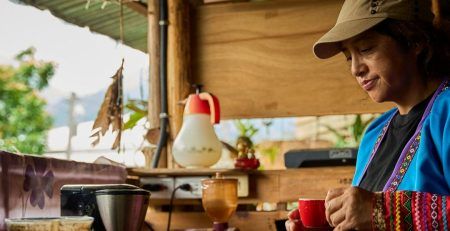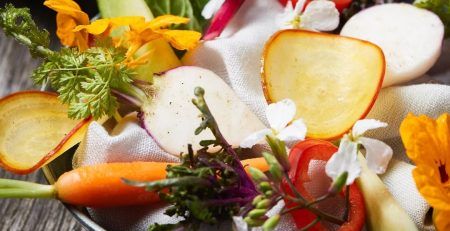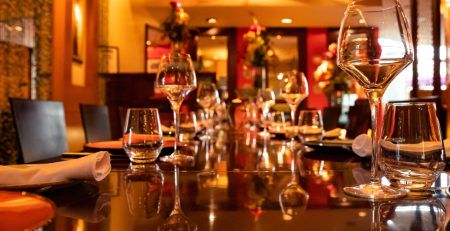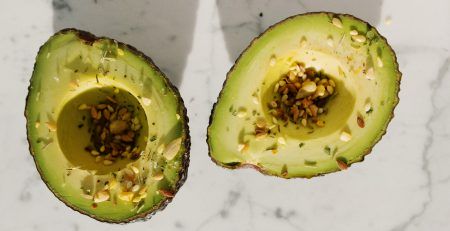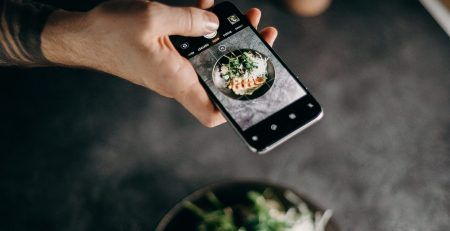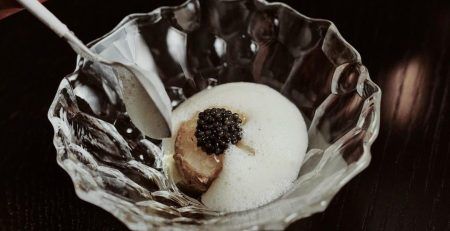In terms of political correctness, we all have to be very careful. People are (and rightly so) increasingly sensitive to the world’s ignorance of their culture and are closely watching the mass culture’s narration about them. On the other hand, it’s easy to offend someone with no bad intentions at all. How to tell the difference between food appropriation or appreciation?
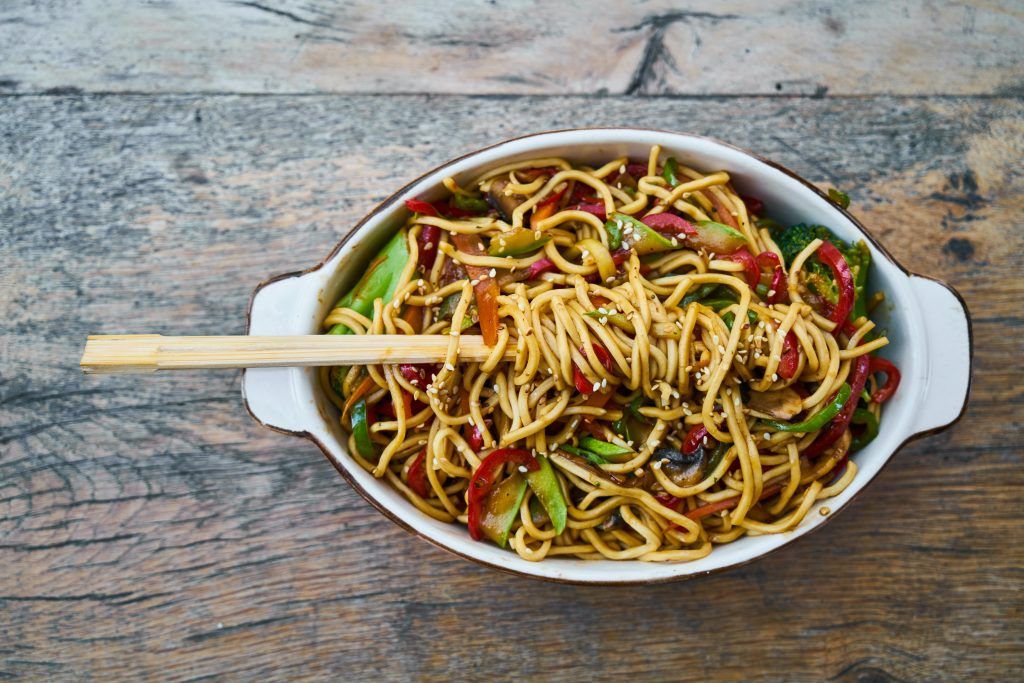
“Cleaner Chinese food”
One of the important elements of culture is its national cuisine. Problems arise here as well – when is cooking traditional food of another country still an appreciation, and when is it an appropriation?
In 2019, a non-Asian couple opened a restaurant “Lucky Lee’s”. They advertised Chinese food there, but less icky and cleaner. According to this narrative, traditional Chinese food is something that needs to be improved, something icky. In The Corner Daily Sun, Meridien Mach, a first-generation Chinese-Vietnamese, writes about the unpleasant experiences of herself and other Asian kids at school. Their traditional food was described as gross and suspiciously smelling.
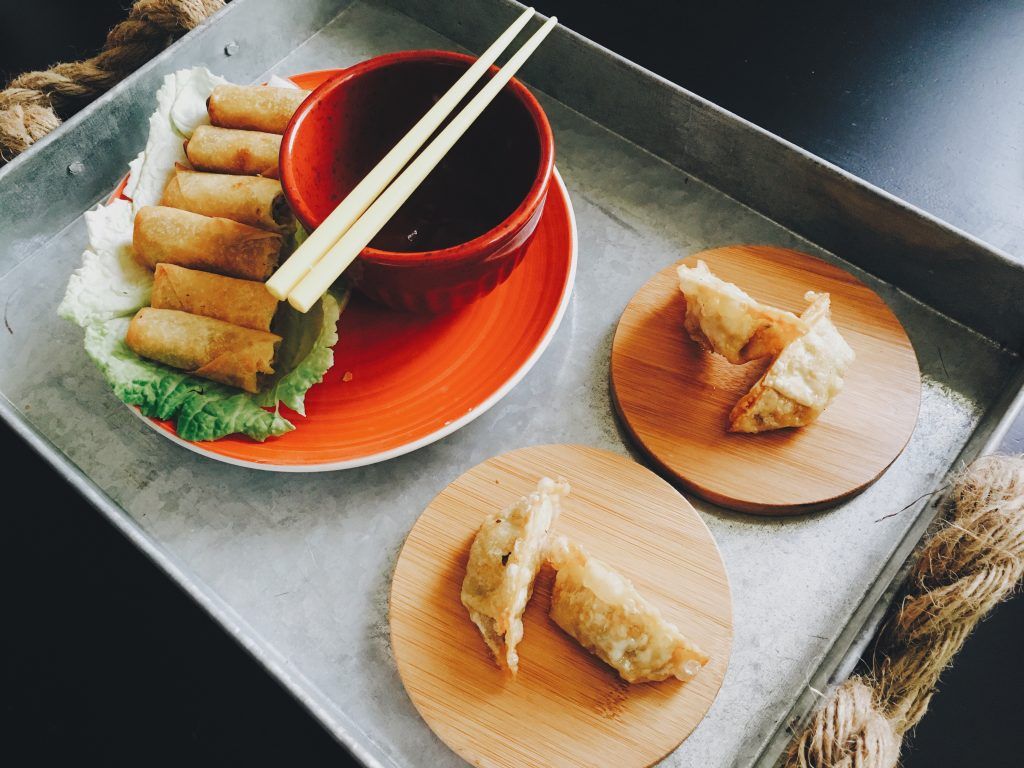
Does this mean that under no circumstances can we change the traditional food of a country? Is it always a lack of respect? The answer is not so simple – if we open a restaurant with foreign cuisine, we always run the risk that the flavors will be too different for our customers. For our business, it may be better to find a compromise between the traditions of foreign cuisine and the flavors or familiar ingredients of the country where it is served.
Stealing someone’s food
But who has the right to cook foreign cuisine? When John Trimble opened Hot Crispy Oil and successfully began selling jars of his own blend of spices and oil, he faced accusations. It was claimed that he was stealing from Chinese culture, taking profits from it gave it no credit.
According to Jinah Kim, the owner of Korean descent of Sunhee’s Farm and Kitchen, “There isn’t a single factor that determines appropriation”. Eric Li, co-founder of the Kuma Ani restaurants said: “The definition of the food is more important than who is making it, but people are so concerned with authenticity they forget that food is creative, as well.” He gives an example of california roll – a sushi roll created and popularised in America. It doesn’t make it unauthentic as it reflects Japanese technique and origin.
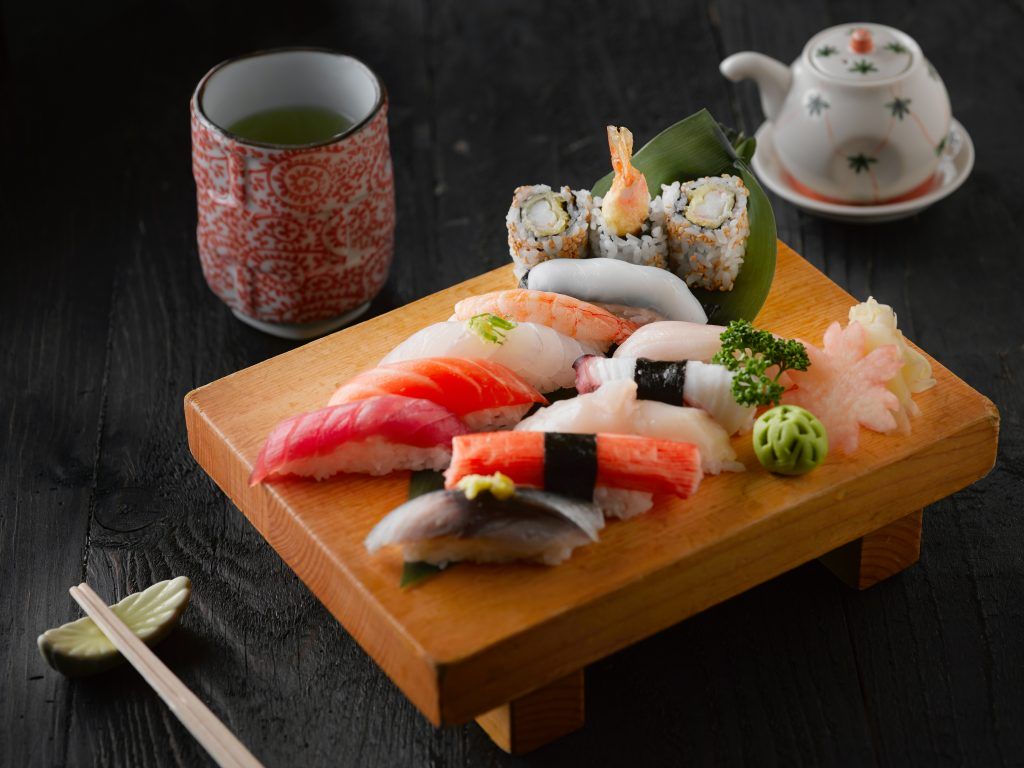
So, is it appreciation?
The question will probably remain unanswered. It is difficult to give specific criteria. It probably all depends on the intention. If we cook foreign cuisine with respect, curiosity, and openness to criticism and new knowledge from the country where our dish comes from, then we are probably doing nothing wrong. When selling our products, it is worth adding a handful of proven knowledge about the region which we have spices from or people who importnet this dish from their country. If we sell California rolls, why not mention that it is an American creation inspired by Japanese cuisine? It doesn’t make it less good. After all, we are no different when it comes to the love of food.
https://wakelet.com/wake/RsPsuKl1JINy2EHCl76a8
https://cornellsun.com/2021/03/25/food-cultural-appropriation-its-personal/
https://www.timesunion.com/news/article/Restaurateurs-on-cultural-culinary-appropriation-16139623.php

